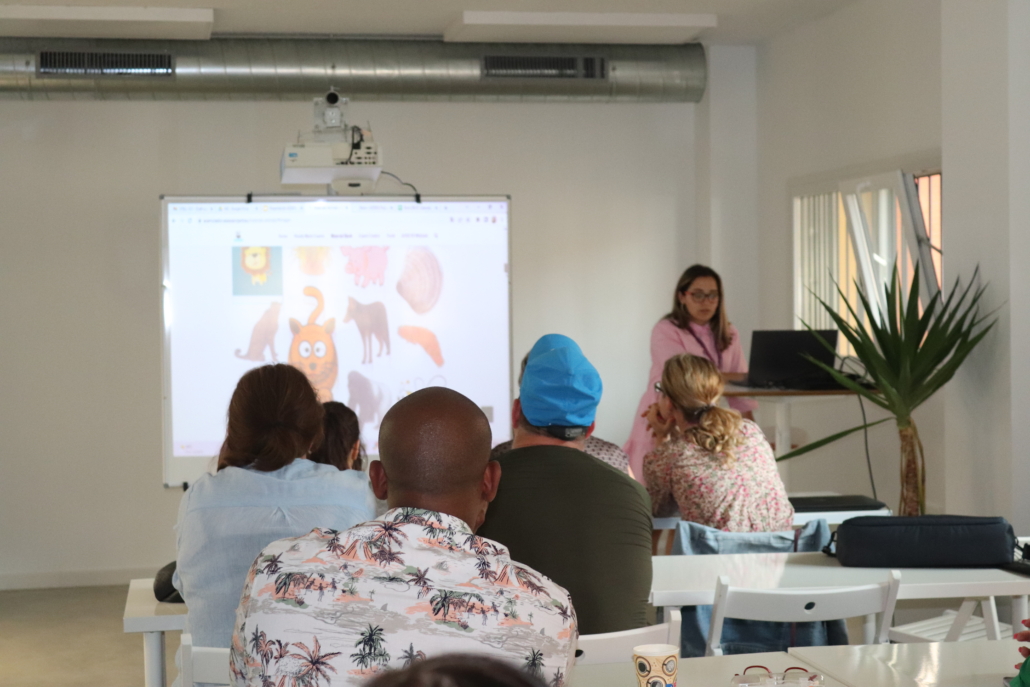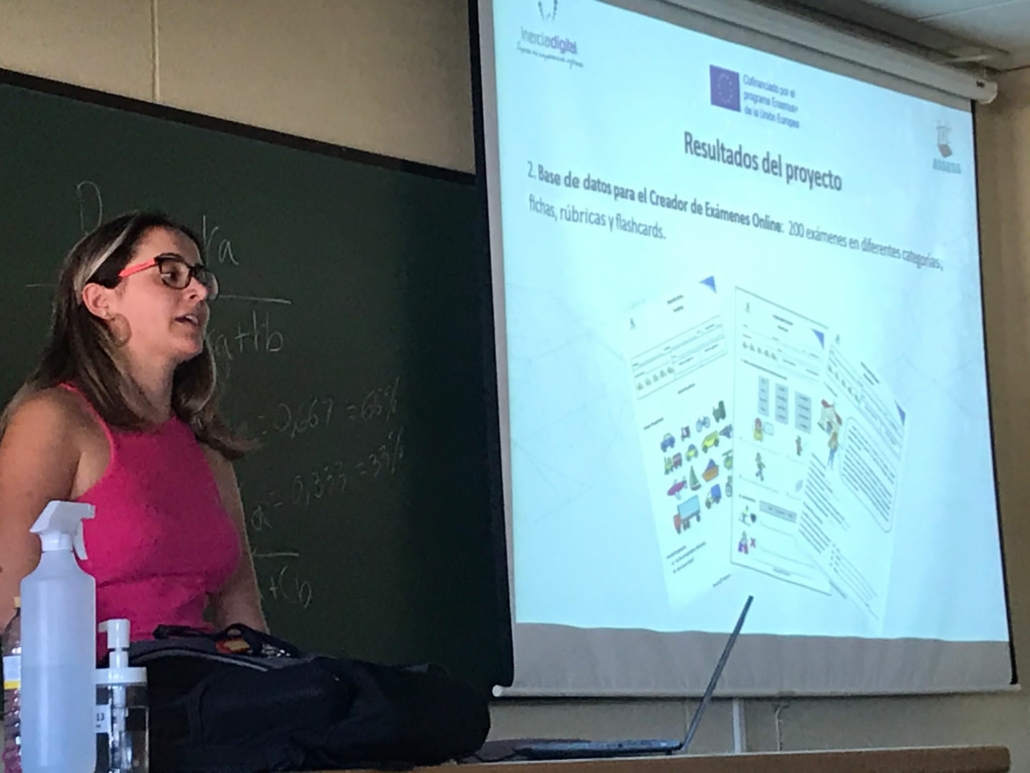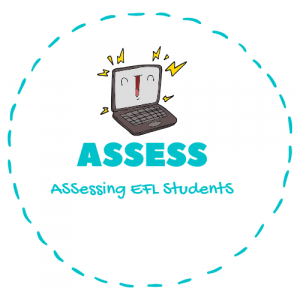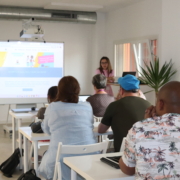What Are the Advantages of Online Exam Testing?
Online language testing offers teachers an efficient way to deliver tests to students. Online testing has a number of tools such as videos, PDFs, podcasts, and teachers can use all these tools as part of their lesson plans when it comes to testing. By extending the lesson plan beyond traditional testing methods, educational authorities are able to include online testing resources and as a result, teachers are able to become more efficient educators, too.
- Accessibility of Time and Place
Another advantage of online language testing is that it allows students to do the tests from any location of their choice. It also allows schools to reach out to a more extensive network of students, instead of being restricted by geographical boundaries. Additionally, some types of online tests can be recorded, archived, and shared for future reference. This allows students to access the testing material at a time of their comfort. Thus, online learning offers students the accessibility of time and place in education.
- Improved Student Participation
Since online tests can be taken from home or location of choice, there are fewer chances of students missing out on testing sessions.
- Suits a Variety of Learning Styles
Every student has a different learning behaviour pattern and a different learning style. Some students are visual learners, while some students prefer to learn through audio. Similarly, some students thrive in the classroom testing while other students are solo learners who get distracted by large groups so for them online testing is a blessing. This is why the online testing system, with its range of options and resources, can be personalized in many ways. It is the best way to create a perfect testing and learning environment suited to the needs of each student.
What Are the Disadvantages of Online Testing?
- Inability to Focus on Screens
For many students, one of the biggest challenges of online testing is the struggle with focusing on the screen for long periods of time. As in online learning, there is also a greater chance for students to be distracted by social media or other sites. Therefore, it is imperative for the teachers to keep their online testing engaging and interactive to help students stay focused on the test.
Another key challenge of online testing is internet connectivity. While internet availability has grown enormously grown over the past few years, in smaller cities and towns, a consistent connection with decent speed is a problem. Without a consistent internet connection for students or teachers, there can be a lack of continuity in testing a learner. This is detrimental to the education process.
Without doubt students can learn a lot from being in the company of their peers. However, in online testing and in particular in language testing, there are minimal physical interactions between students and teachers. As a result, there is a sense of isolation for the students. In this situation, it is very important that the school allows for other forms of communication between the students, peers, and teachers. This may include online messages, emails and video conferencing that will allow for face-to-face interaction, thus reducing the sense of isolation.
Online testing requires teachers to have a basic understanding of using digital forms of learning. However, this is not the case always. Very often, teachers have a very basic understanding of technology. Sometimes, they don’t even have the necessary resources and tools to conducts online classes and design online tests. To combat this, it is important for schools to invest in training teachers with the latest technology updates so that they can facilitate teachers in online testing planning.
Many parents are nowadays concerned about the health hazards of having their children spend so much time staring at a screen. Spending so may hours in front of a screen is one of the biggest concerns and disadvantages of online testing and online learning in general. Sometimes, students can also develop bad posture and other physical problems due to staying hunched in front of a screen.

 was held in Spain, at the University of Huelva and at the training and innovation centre of Inercia Digital. The results of the project have been presented and teachers have been invited to test the results. They are useful to assess English as Foreing Language in levels A1 and A2. The results of the project are:
was held in Spain, at the University of Huelva and at the training and innovation centre of Inercia Digital. The results of the project have been presented and teachers have been invited to test the results. They are useful to assess English as Foreing Language in levels A1 and A2. The results of the project are: . Moreover, you can create your own exam from scratch.
. Moreover, you can create your own exam from scratch.




